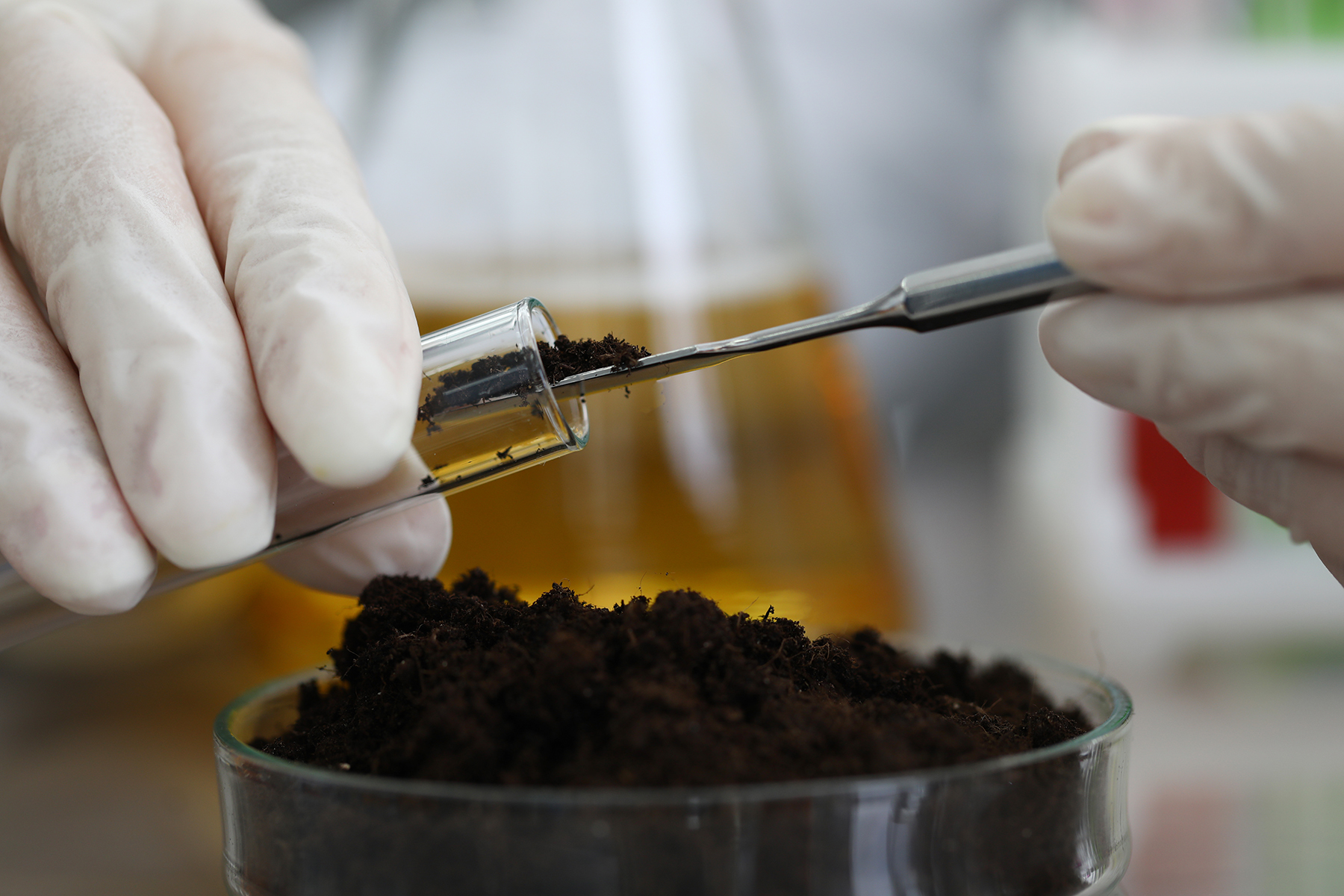Many people turn to university extension services for answers to questions about gardening and farming, and for laboratory tests to help determine what their soil might need. With so many tests available, it’s hard to know what to ask for. We often hear that extension services will, “Do this for free,” and that’s just not often the case.
Whether you are a home vegetable gardener, market gardener, farmer, or rancher, a complete soil test provides the foundation for building the soil. For instance, the standard soil test package provided by our local university extension office includes pH, Phosphorous, Potassium, Magnesium, organic matter, and cation exchange capacity. They charge $12.50 for the standard package including fertilizer recommendations, with an additional charge for each further test.
In addition, to ideally balance the soil for optimum nutrition and yield, you will need to know the result for Sulfur, Sodium, Boron, Iron, Manganese, Copper, and Zinc. You will also need the Total Cation Exchange Capacity TCEC (the soil’s capacity to hold and release these nutrients), the % of other bases (alkaline minerals), and exchangeable Hydrogen. That brings the total up to $62.
It’s also critical to know the values of the very important macro-minerals; Cobalt (especially for pastures), Molybdenum, Selenium, and Silicon, as well as Electrical Conductivity. That means the total charged by the extension service would top $128.
By comparison, Sustainable Soils’ complete test package includes TCEC, pH, % organic matter, Sulfur, Phosphorous, Calcium, Magnesium, Potassium, Sodium (base cations), Boron, Iron, Manganese, Copper, Zinc, % base saturation, other bases, exchangeable Hydrogen, Cobalt, Molybdenum, Selenium, Silicon, and Electrical conductivity. The total cost is $47 for the soil test. Adding in the soil Rx (our fertilizer recommendations) the total comes to $97.
This complete test package gives us all we need to write a soil Rx that balances your soil and optimizes nutritive value as well as yield. Once your soil is brought into balance, annual maintenance consists of monitoring Sulfur and Boron. These elements are readily taken up by crops and can be added as needed. 5 to 10% organic matter in the soil will release 100#/acre of Nitrogen throughout the growing season and will be enough for most crops. When adding Nitrogen, this should always be included in the equation.
Why are balanced and optimum mineral levels so important? It’s “The Law of the Maximum.” Too much of any element will cause a shortage of another. Nutrients in the soil are interdependent. For example, excess Magnesium or Potassium can affect Calcium uptake. Too much Nitrogen restricts Copper. Too much Phosphorous restricts Zinc. Too much Potassium ties up Boron and can block Manganese, and so on. Since each mineral has multiple functions, deficiencies manifest in many ways. A Magnesium deficiency means substandard photosynthesis, reduction in yield and disease resistance. Potassium promotes the movement of sugars into the fruit and seed. The resulting poor sugar translocation means insipid flavors and smaller seeds, fruits, and root vegetables. You will always experience a reduction in yield and profit if potassium is deficient.
And, if it’s not in your soil, it won’t be in your food. Humans and animals need minerals to grow and maintain strong immune systems. Those minerals are best obtained though the natural food sources in which they are present. In order for your produce to contain these minerals, they must first be in your soil. It’s best to feed the soil and let the soil feed the crop. Building the soil and balancing the minerals that naturally occur in the soil gives you the opportunity to grow crops that can reach their full genetic potential. It facilitates growing the most nutrient dense crops possible.
Let us take your soil sample and get it tested. It’s a great time of the year to do this in preparation for spring planting!


